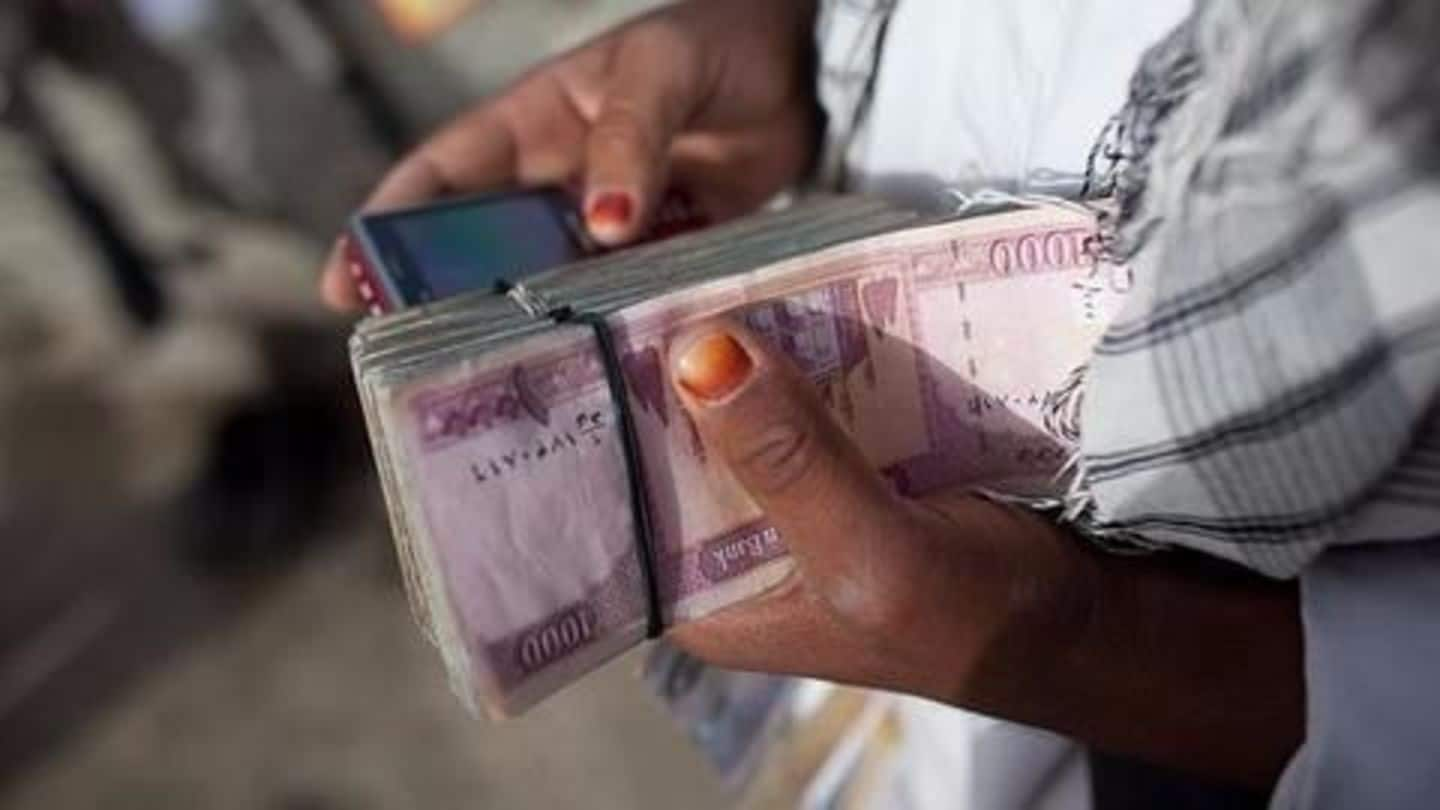
RBI rate cut in February unlikely?
What's the story
Amidst rising expectations of a rate cut in February, the minutes of the monetary policy committee meeting shows otherwise. The committee members unanimously agreed that the policy needs to work towards managing inflation, rather than stabilizing the growth rate. This comes in the wake of the demonetization impact, which the committee felt will be a temporary lag and did not require any monetary response.
About
RBI
The Reserve Bank of India is the country's central apex bank that forms the governing and regulatory body for monetary policies in India. Established nearly 81 years ago, the RBI is currently headed by Urjit Patel, who serves as Governor. The RBI has reserves of over $363 billion and is headquartered in Mumbai. The institution controls the bank rate and interest rates on reserves.
Information
What is a repo rate?
Repo rate is referred to the rate used by the RBI to lend money to commercial banks whenever there arises a shortage in funds. The repo rate is also used to control inflation in the country, where the RBI increases the rate to lower inflation.
07 Dec 2016
RBI maintains repo rate despite high expectations
After the RBI cut the repo rate by 25 basis points on 4 October, industry experts expected another rate cut from the Monetary Policy Committee in December. Many had pinned their hopes on lower rates, to help gain cheaper loans and increase investments. Despite the rising expectations, the RBI kept the repo rate unchanged at 6.25%, and the bank rate at 6.75%.
Quote
Inflation expected to cross threshold next year
"While my own point forecast based on a more aggregative econometric model is lower, the range estimates of the same indicate a significant chance of the inflation rate exceeding the threshold in March 2017 and in June 2017," said Ravindra Dholakia, monetary policy committee member.